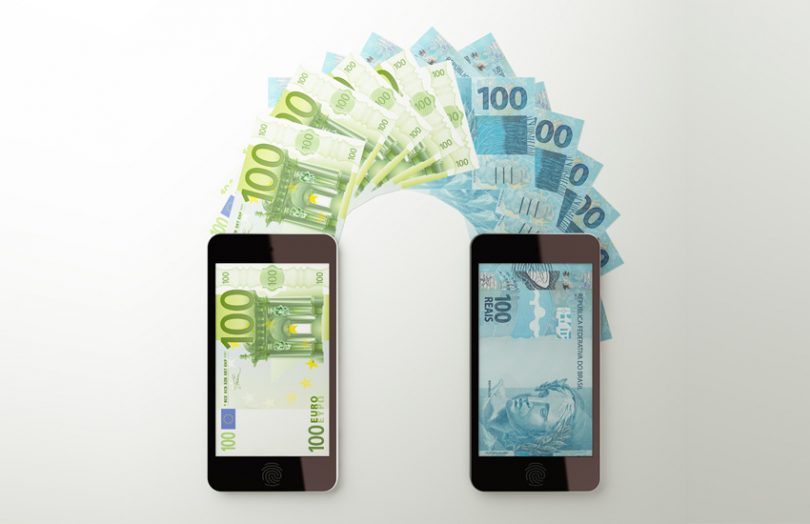Brazil’s Central Bank President, Roberto Campos Neto, believes the Bank may be ready for central bank digital currency (CBDC) as early as 2022, as reported by the Correio Braziliense on 2 September 2020. This follows the Central Bank’s announcement in August about starting a world-wide study on CBDC issuance.
Neto outlined that Brazil will have the technological foundations necessary to issue the CBDC ready in two years. However, he recognizes the features that must be in place first. “To have a digital currency, you need an instant payment system that is efficient and interoperable; an open system, where you can create competition; and a currency that has credibility, is convertible and international,” said the president of the Bank.
The president also pointed to the 2019 Bill presented by the Central Bank, which aims to modernize Brazil’s exchange rate system and be tabled for voting in two weeks’ time. When the Bill is passed, it should help to achieve the “convertible” aim outlined by Neto.
Earlier this week, the Bank outlined the formation of the CBDC working group, which will initially focus on risk mapping and the impact on financial inclusion and monetary policy. The latest statement emphasized that no decision has been made to go forward with a CBDC.
In April 2020, the Central Bank announced the launch of its own blockchain platform, PIER (Platform for Information Integration of Regulatory Entities), which will allow for the exchange of data between financial institutions’ regulatory authorities. The Bank also plans to launch a 24/7 instant payment system called PIX this November to improve their retail payment market efficiency and competitiveness.
Private and public businesses aside, blockchain-based solutions and networks, alongside AI and other emerging focus, was a focus in the Government’s 28 April 2020 Decree, which also contained the Digital Government Strategy. Objectives of the Digital Government Committee include the promotion of public policies using emerging technologies, making digital identities available to all Brazilian citizens, and to optimize ICT infrastructures.
All of the above initiatives demonstrate Brazil’s fervent efforts to avoid being left behind in adopting the newest technologies in the financial sector.






